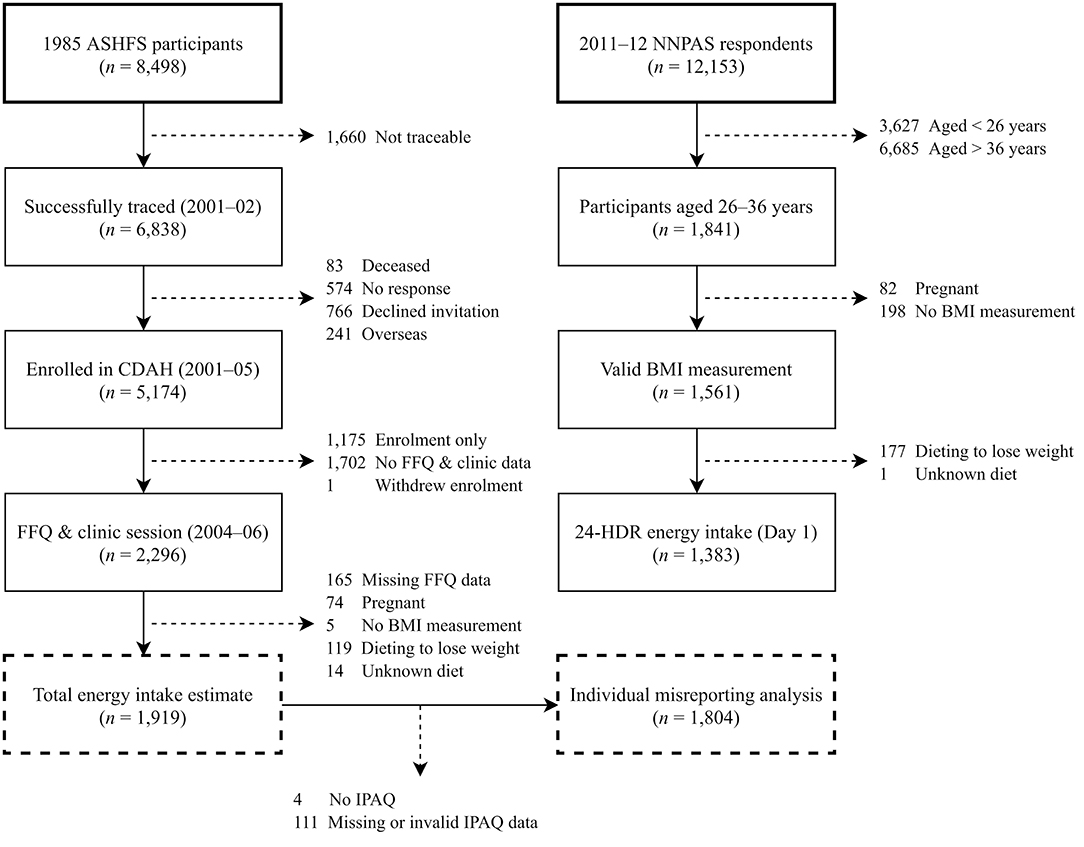- Biology
- believed that intelligence and temperament are more determined by heredity than are interests and attitude
- Sociology
- Economic limitations, race, gender, and cultural or social attitudes beyond individual's control
- Career not determined by genetics, more frustrations or satisfactions in life.
- Careers determined by degree of satisfaction being met
- The more intense the needs, the more need to be successful
- Psychology
- Based on the psychological needs that develop from the interaction between child and their parents/caretakers
Osi- pow (1997) agrees that prior research on Roe’s (1956) theory is flawed but he argues that other problems with Roe’s theory preclude meaningful investi- gation. Osipow argues that more recent formulations about career choice development and behavior have greater promise (Osipow & Fitzgerald, 1996) and he advocates their investigation. Roe’s classification system has proven particularly useful to career counselors in the influence it has had in the development of career assessment instruments and in its overall contribution to the mapping of the world of work. References: Osipow, S. H., & Fitzgerald, L. Theories of career development (4th ed.). Boston: Allyn & Bacon.
Ann Roe's work is foundational to career counseling because it emphasized the importance of family relationships in the development of personality, which eventually led to career choice. Following the psychodynamic influences of the times, she emphasized the role of early childhood experiences and parenting styles as the precursors to adult personality.- Physiological needs must be satisfied before other needs can be met
- Safety needs: shelter, good health, avoidance of danger
- occupational needs: security needs come first before other interactions and benefits
- Belonging and love: caring for and being cared for
- Esteem needs: need to feel important and respected
- Information needs: to perform job well
- Understanding: must understand and interpret great amounts of information
- Beauty: in the arts and entertainment field, it is essential
- Self-Actualization: need to be all that one can be (Roe finds this more important than information)
View 109969417-Anne-Roe-s-Theory-of-Occupational-Choice (1).pdf from COUNSELING 19 at Islamic Science University of Malaysia. THEORIES OF CAREER DEVELOPMENT ANNE ROES THEORY OF.
8 groups
- Service
- one person doing something for another person: nurse, health care, counselor
- Business contact
- persuading others: public relations, sales
- Organization
- management: Senator, accountant, secretary
- Technology
- making, producing, maintaining, and transporting products: engineers, pilots, production managers
- Outdoor
- protection of environment, production of crops: farm manager, landscape architect, fish and game officer
- Science
- development of science natural and physical: professor, pharmacist, medical
- General Culture
- interested in human activity and culture: ministry, history, education
- Arts and Entertainment
- performers: music conductor, museum curator, football player, stagehand
 Each career choice is then divided into smaller responsibilities to larger responsibilities.
Each career choice is then divided into smaller responsibilities to larger responsibilities.
Anne Roe Career Development Theory Pdf To Excel
Anne Roe Career Development Theory Pdf To Excel Free
Anne Roe Career Development Theory Pdf To Excel Online
Early Parent-Child Relationship (3 categories)Career Development Theory Super
- Concentration on the child
- Overprotective: parent encourages dependance on the parent and restricts curiosity and exploration
- Overdemanding: parent requests perfection from the child, asking for excellent performance and setting high standards of behavior (first born)
- Avoidance of the child
- Rejection: parent may be overly critical of the child or punish the child excessively
- Neglect: ignores the child for many reasons, such as, parents concern with their own problems, other children, or work
- Acceptance of the child
- Parents encourage independence rather than dependence and do not ignore or reject their child, creating a relatively tension free environment
- Casual acceptance: parents have a low-key attitude offering a minimum amount of love
- Loving acceptance: parents offer a warmer attitude toward the child, while not interfering with the child's resources by fostering dependency